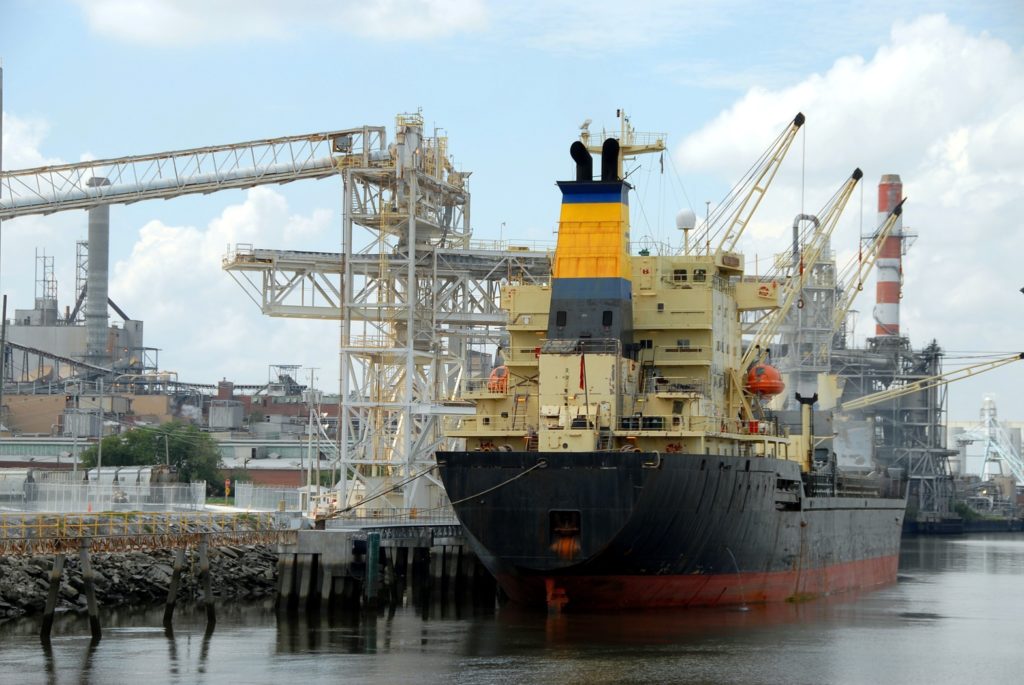New Legal Conundrums in Commercial Shipping – Victor Restis Weighs In


Some of the more dramatic scenes we saw when COVID-19 reared its ugly head was the number of people trapped on cruise ships. Those poor souls. I can’t be around that many people on a vessel in the middle of the ocean where my only escape would be a small cabin or trying to leap off the back like Rose in the movie Titanic.
But that’s me, and obviously, there is an entire industry that caters to people who love to spend their vacations or retirements cruising around the world’s oceans and ports. What happened after the virus forced people to quarantine on ships sort of supports my feelings. Now that all passengers have returned homes from these nightmare scenarios, the lawsuits are starting to pile up. Claims that ship staff knew passengers could sick but didn’t inform new passengers and so on and so on. I can see both sides of the argument.
On the one hand, how the hell are cruise ship staff supposed to know that a passenger who coughs might be carrying a deadly disease that is highly contagious when facts about the virus were in its infancy stage and contradicting? Now, do I think that cruise ship companies are willing to lose a ton of money canceling trips on the rumor that there is a virus about to take hold of the world? I don’t think so.
What about commercial shipping. You know, the big transoceanic vessels that are carrying hundreds of tons of containers consisting of products and items of international trade. Who is liable when a large vessel tries to dock only to find out that the port is closed due to COVID-19? Who is responsible for a product that sits in a warehouse because a majority of the staff are home under quarantine orders? Where does maritime law meet international law, and who is owed what?
Interestingly, this topic is discussed in a recent article, “COVID-19 Turning the Tides on the Maritime Shipping Industry,” that features Victor Restis, a Greek shipping mogul and president of Enterprises & Shipping S.A. The article states that many ports took precautions before having to close and declared ‘Force Majeure’ to pre-empt claims and legal liability. The law here, like any law, is complex and is dependent on how it is interpreted.
In this case, ‘Force Majeure’ may protect ports from specific effects caused by COVID-19, but not all. The laws are written uniformly and may not apply to all instances. The article gives the example of a non-essential cargo ship not being able to move through the port system in the event of a national lockdown of that port’s location. However, the contracts between the vessel company and the port authority may not support the port’s decision to turn away vessels for any reason.
Regardless of a cruise ship filled with angry people, or a commercial shipping vessel filled with the product but nowhere to unload, it is a certainty that lawyers on both sides of the argument will be plenty busy once the world settles into our new normal. I imagine a slew of new laws will be written and adopted based on the COVID-19 experience.

